Search
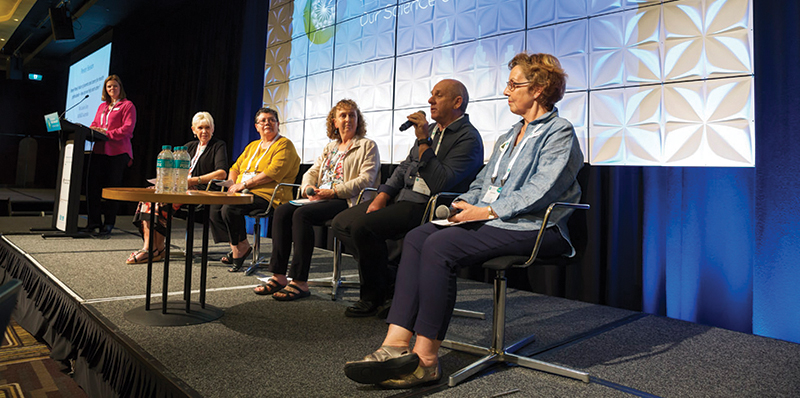
News & Events
FASD conference unites policy, science and lived experienceHeld every two years, the Australasian FASD Conference is a significant and unifying event for those in the Fetal Alcohol Spectrum Disorder sector.
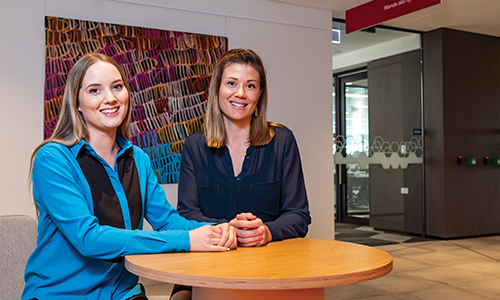
News & Events
Banksia Hill Project’s ripple effectThe two-year study, which was the first in Australia to assess and diagnose young people in a youth custodial setting for Fetal Alcohol Spectrum Disorder.
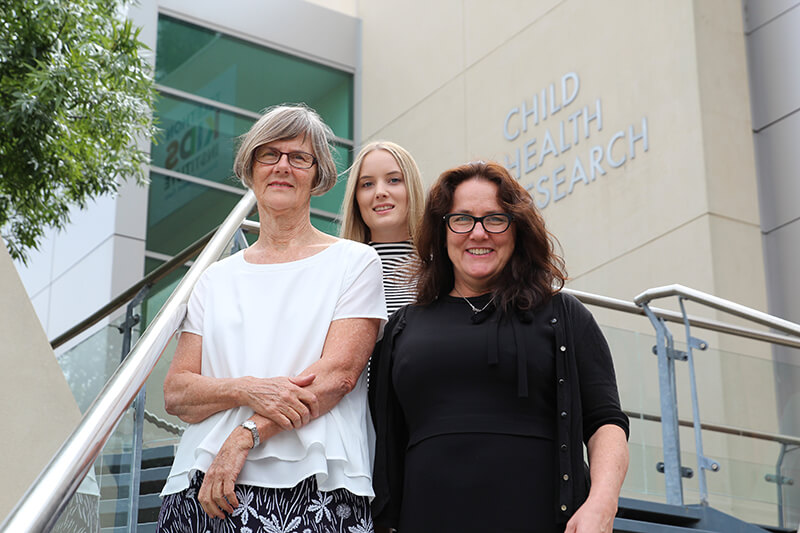
News & Events
Nine out of ten young people in detention found to have severe neuro-disabilityNine out of ten incarcerated youth examined by The Kids researchers as part of a ground-breaking study had some form of neuro-disability.

News & Events
New national tool to help improve FASD diagnosisExpected to shine a light on hidden harm from alcohol use during pregnancy, Australia’s first national FASD diagnostic tool has been developed by the Institute.

News & Events
1 in 3 young people in detention has alcohol related brain damageAbout a third of young people in youth detention in Western Australia have Fetal Alcohol Spectrum Disorder (FASD), data has found.
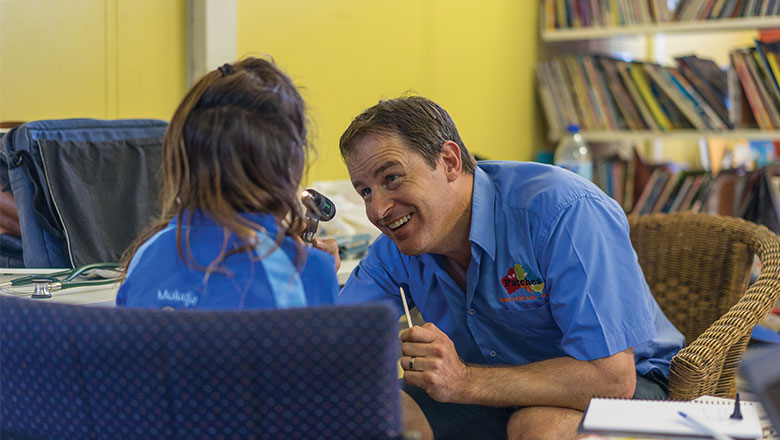
News & Events
Making FASD history in the Fitzroy ValleyThe Make FASD History campaign, led by community researchers and The Kids Research Institute Australia, has made huge inroads into prevention, diagnosis and therapy.
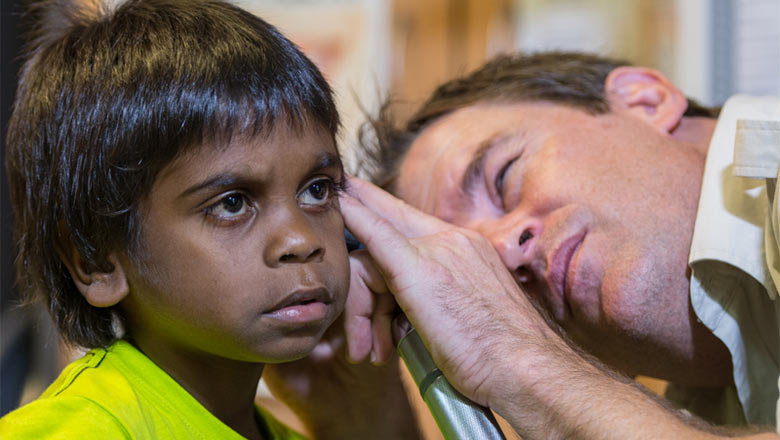
News & Events
National FASD diagnostic tool to improve outcomes for kidsAustralia's first national diagnostic tool for Fetal Alcohol Spectrum Disorder (FASD) has been developed by researchers at The Kids Research Institute Australia and the U
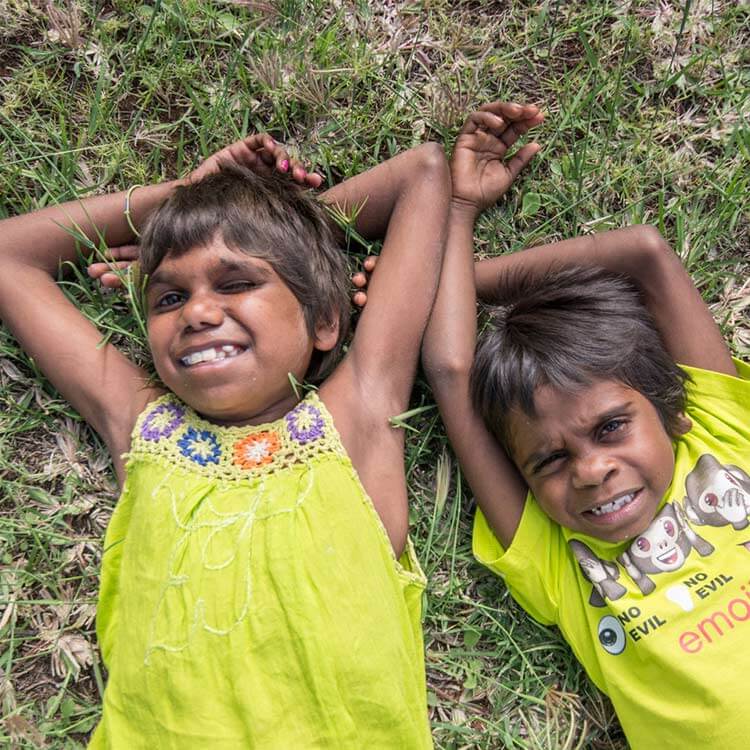
News & Events
New project to make FASD history in the PilbaraA new project aimed at reducing Fetal Alcohol Spectrum Disorder (FASD) in the Pilbara has been launched today in South Hedland.
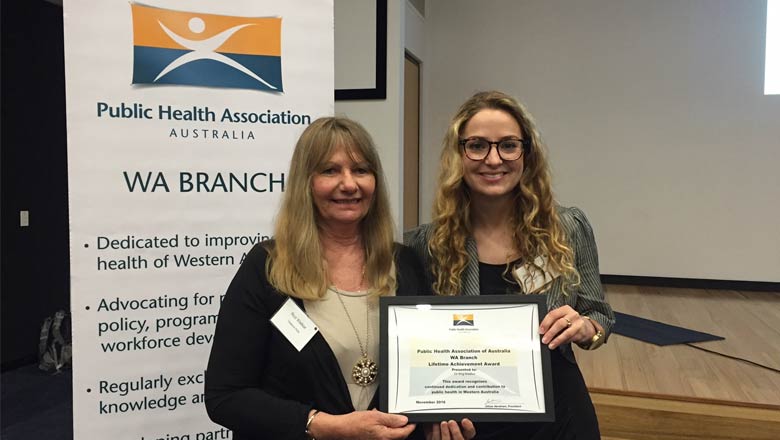
News & Events
The Kids researchers honoured at Public Health Association AwardsTwo The Kids researchers working to improve the health & wellbeing of Aboriginal children & their families have both been honoured at the PHAA Awards.

News & Events
New test for FASDEarly intervention in child development problems caused by alcohol use in pregnancy has been made possible by The Kids Research Institute Australia’s work
